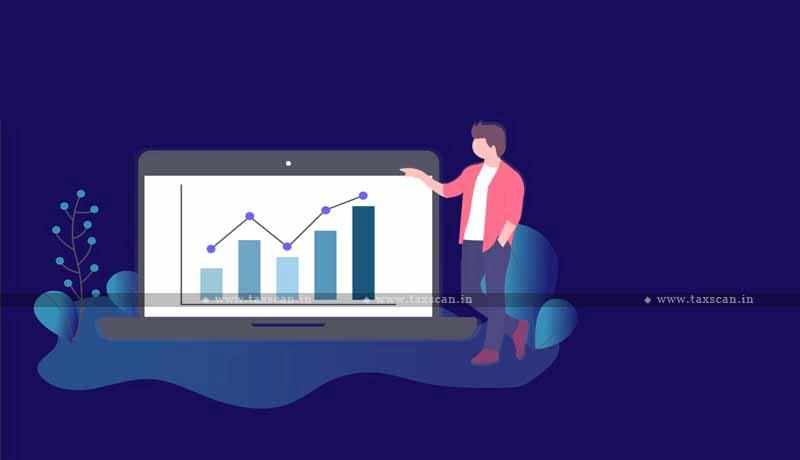Is Intraday Trading Income Taxable in India?

Intraday Trading – Income Tax – Taxscan
Intraday Trading – Income Tax – Taxscan
One of the common questions new traders have when they just started trading is: “is income derived from my day trading taxable?” No doubt there is some degree of complexity here regarding the question, and fortunately, India’s Central Board of Direct Taxes (CBDT) has cleared them up many times.
The direct answer is they are taxable with the only exception to Long-Term Capital Gains, but the rate varies depending on which category it belongs to as well as your tax stab.
Long-Term Capital Gains (LTCG)
If you are an investor, meaning your intention of buying the stocks is for long term holding for wealth building and capital gains - i.e gain from the appreciation of share prices, and that you have held the investment for more than 365 days, you belong to the category of tax exemption. Hence, you need not have to pay tax.
The reason why this is tax-exempt is because it incentives Indians to hold stocks for long term gains instead of hoping to make some quick profits through speculative means.
Short-Term Capital Gains (STCG)
STCG is similar to LTCG in a way that they both belong to capital gain tax regulation. The only difference is the holding period. If you hold an investment for more than a day but less than 365 days, and that the prevailing price exceeds your purchase price - i.e you make an investment gain, it will be treated as STCG and it will be subject to a 15% tax rate.
Speculative Business Income
Speculative business income refers to trading activities solely for the pursuits of making profit through price speculation - it’s the profit you made by trading through the best Forex brokerage platforms for instance.
Any intraday trading income belongs to this category since the reason for making buying and selling the underlying assets say stocks are not meant for long term holding, but to trade the price difference for a profit.
The income you derived from Speculative Business Income will be subject to tax, and it will be added to your total income stab. This is a progressive tax and the total taxable amount will depend on your total profits at year-end. Lastly, speculative losses can only be used to offset against speculative business income, and not against Non-Speculative Business Income. Note that this can be carried forward for up to 4 years.
Non-Speculative Business Income
This category belongs to business operations that used options and futures for the purpose of hedging their exposure to risks. They could be delivery-based equity trades, equity futures and options, and currency futures and options. This category of income is subject to tax and will be added to your total income. Your actual tax payable will depend on which tax stab it reaches.
The difference between Speculative Business Income and Non-Speculative is that the losses from the former can be used to offset: Speculative Business Income, business expenses, business income (except salary) - and it can be carried forward for up to 8 years.


